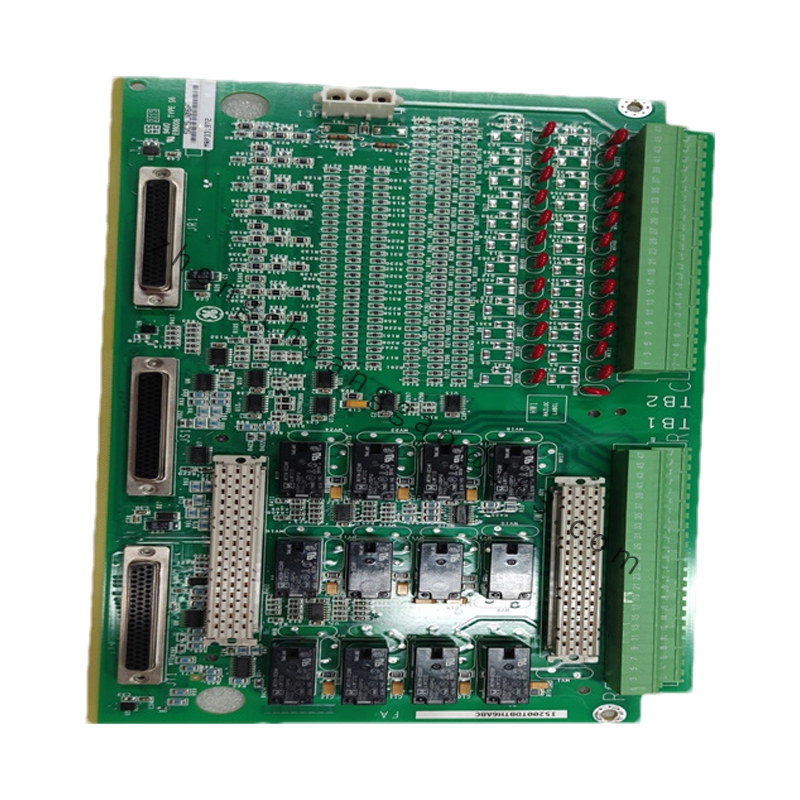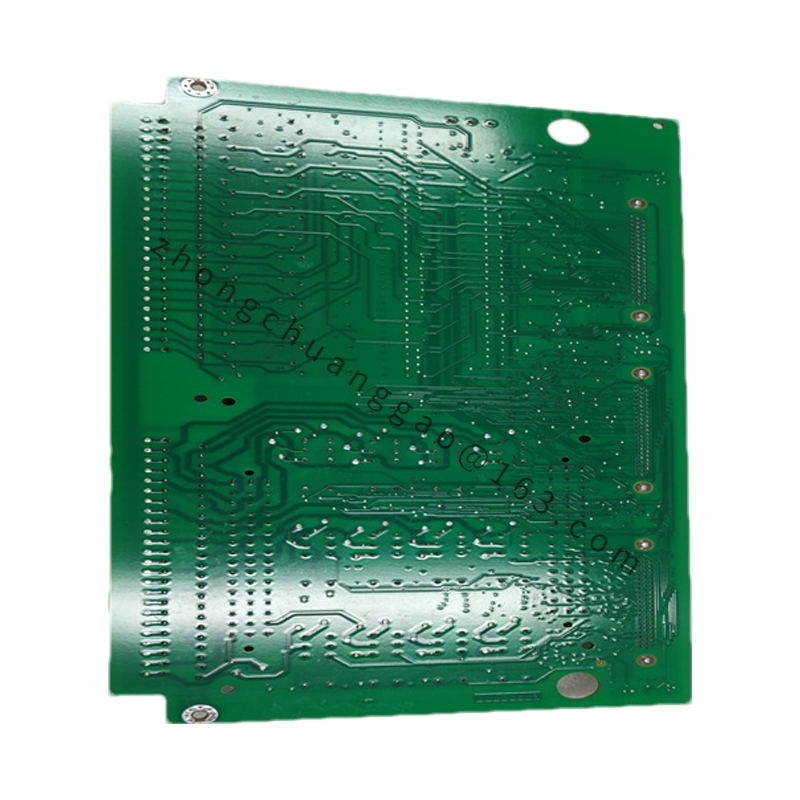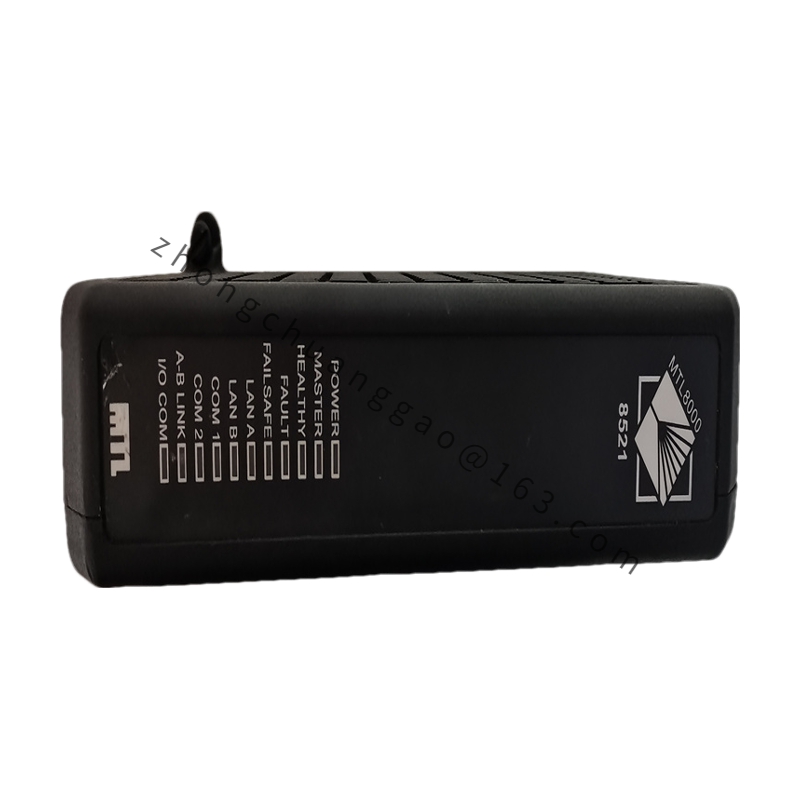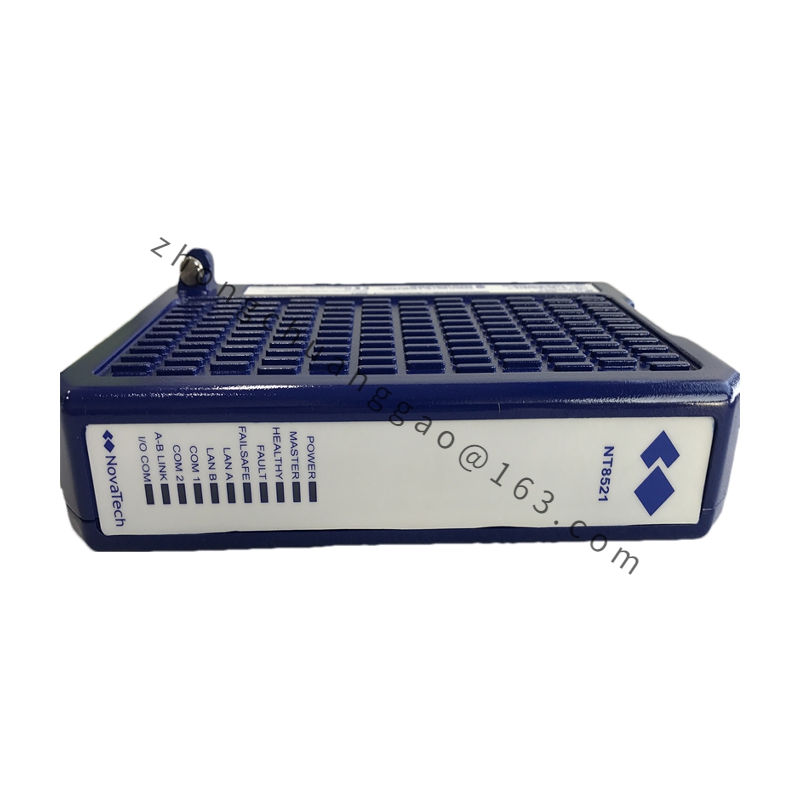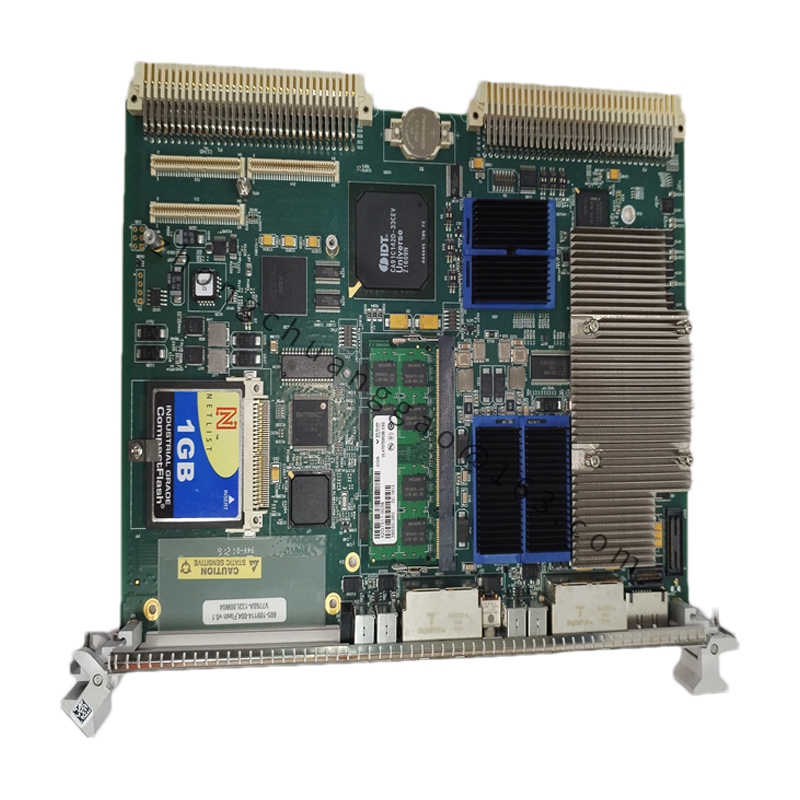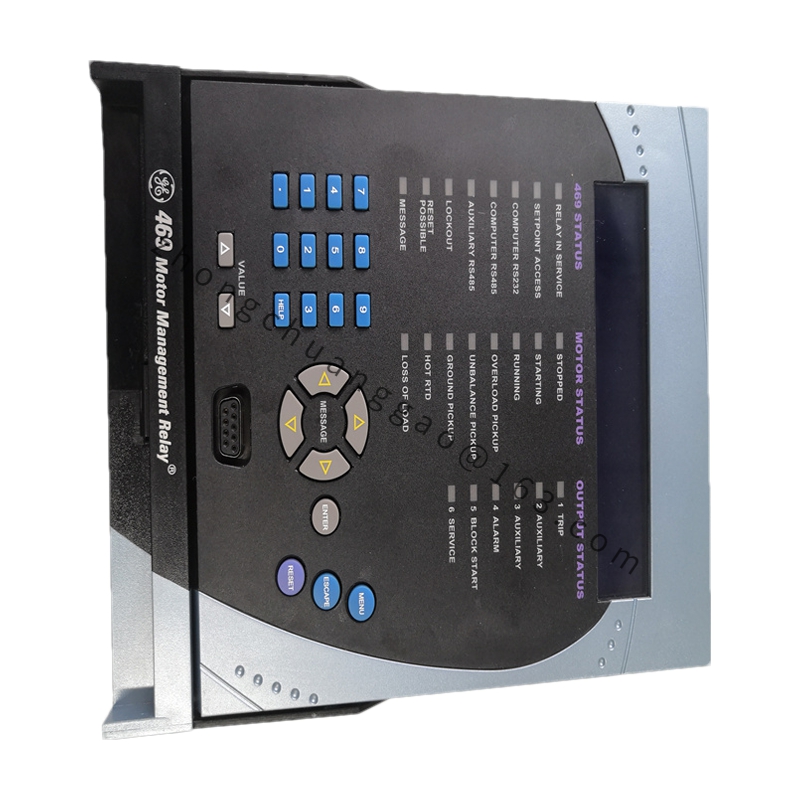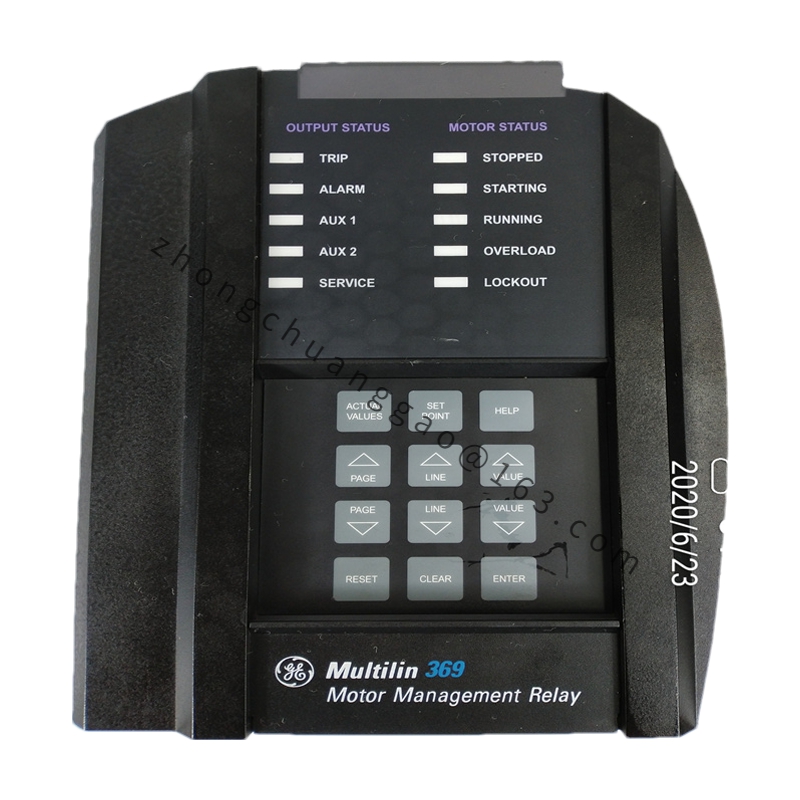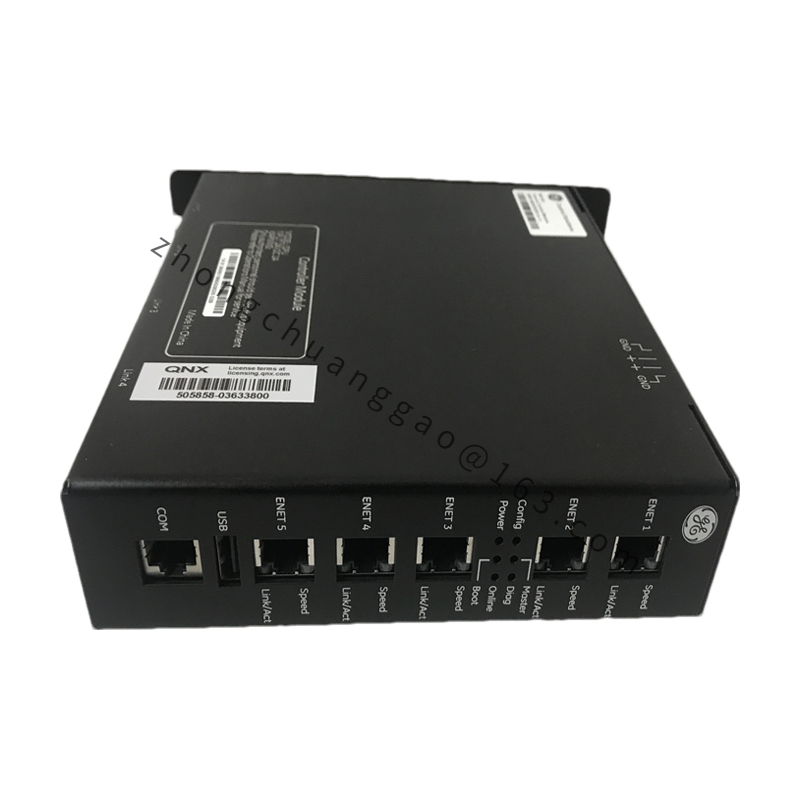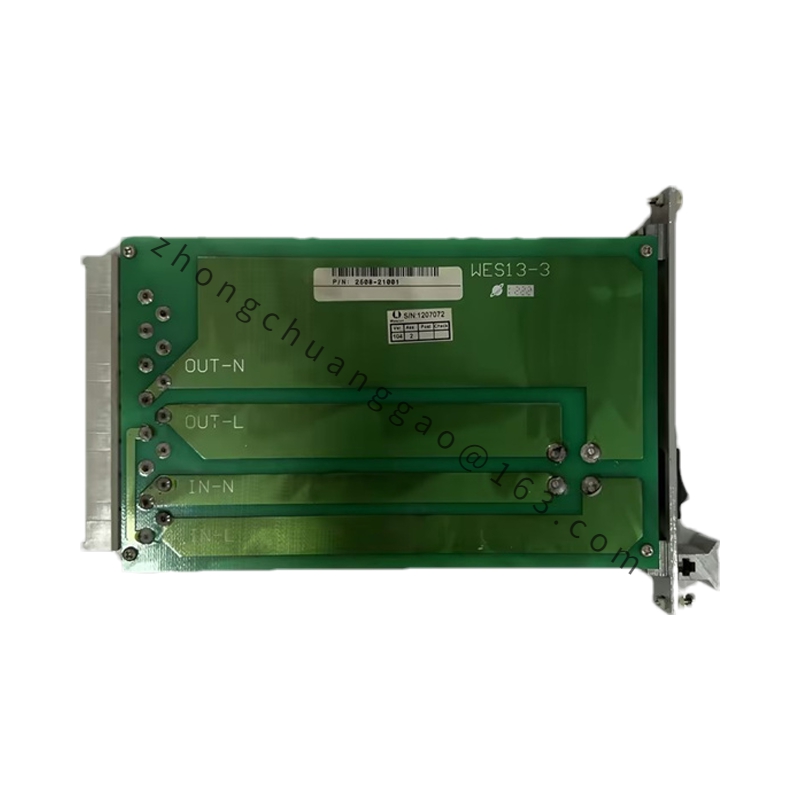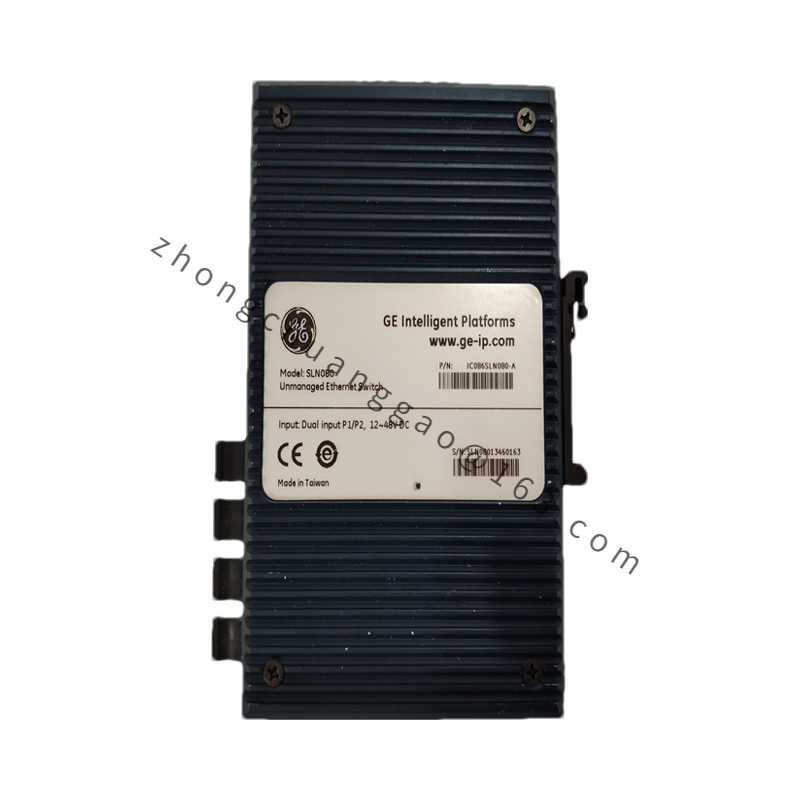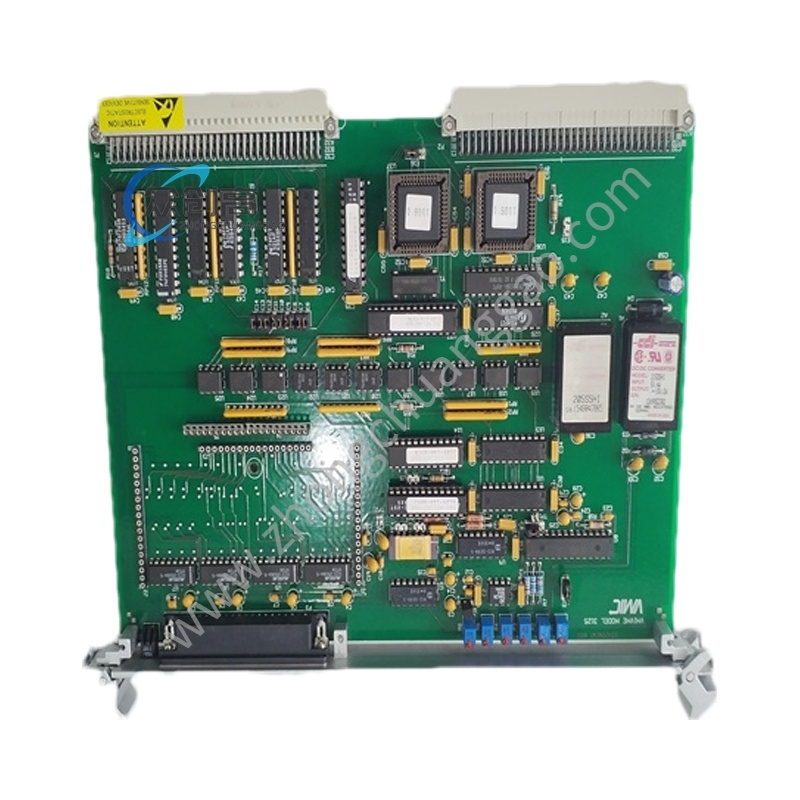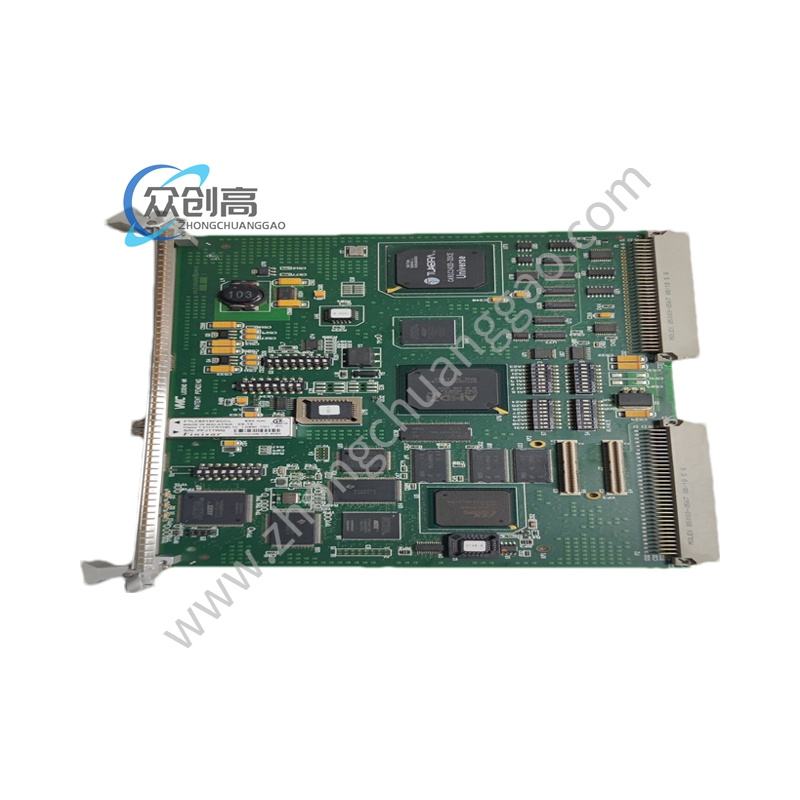Detailed content
Technical Specifications:
- Model: IS200TDBTH6ACD
- Brand: GE (General Electric)
- Power Supply Voltage: 24V DC
- Power Consumption: < 10W
- Dimensions: 150 mm x 100 mm x 20 mm
- Weight: 250 g (or 0.8KG as per some sources)
- Mounting Method: DIN rail mounting
- Input/Output Points: 32
- I/O Type: Analog, Digital
- Communication Interfaces: RS485, Ethernet
Functional Characteristics:
- Versatility: The IS200TDBTH6ACD is part of GE’s IS200 series of printed circuit boards, known for their compact size, powerful functions, and versatility.
- Ease of Use: The board provides clear documentation and easy-to-use programming tools, making it simple for users to get started quickly.
- High Reliability: Designed for industrial applications, the module offers high reliability and cost-effectiveness.
- Mixed I/O Capability: Capable of handling both analog and digital inputs/outputs, providing flexibility in various control scenarios.
Application Scenarios:
- Industrial Automation: The IS200TDBTH6ACD is commonly used in industrial automation systems for monitoring and controlling various industrial devices and processes.
- Process Monitoring: It can be employed to monitor various parameters in factory production processes, such as temperature, pressure, level, and flow.
- Device Diagnosis and Fault Detection: The module can receive fault signals or status signals from equipment, enabling automated device detection and alarm functions.
- Safety Systems: In industrial environments, it can be used in safety systems to monitor safety switches, emergency stop buttons, and other safety-related devices.
- Building Automation: In building automation systems, it can be utilized to monitor and control lighting, ventilation, and air conditioning systems, enhancing energy efficiency and comfort.
- Power Production: Applicable in the power generation sector for monitoring the status of generators, power distribution equipment, and switchgear.

